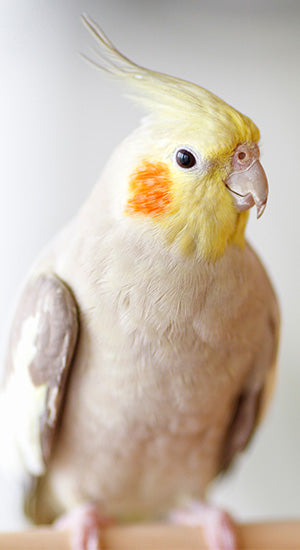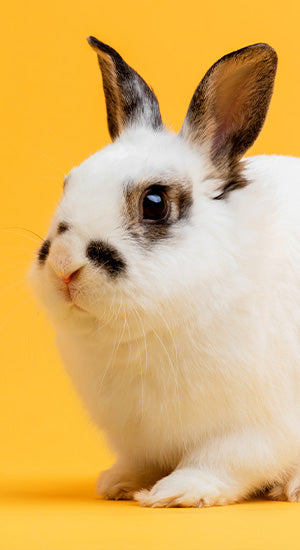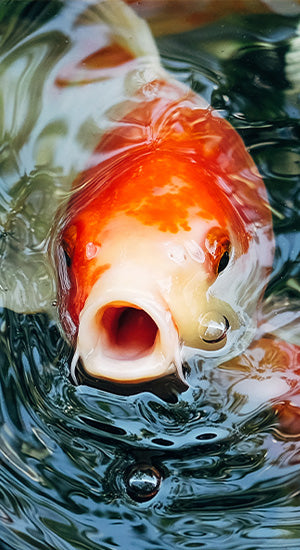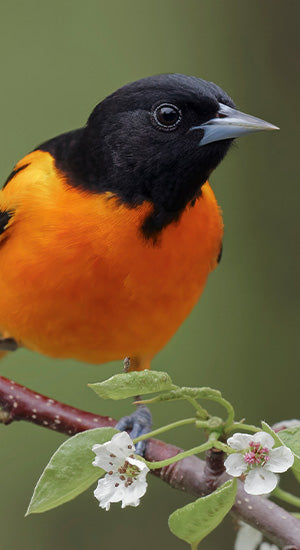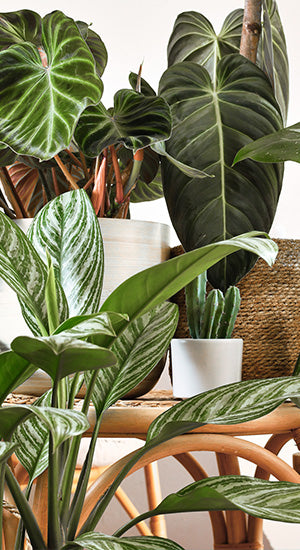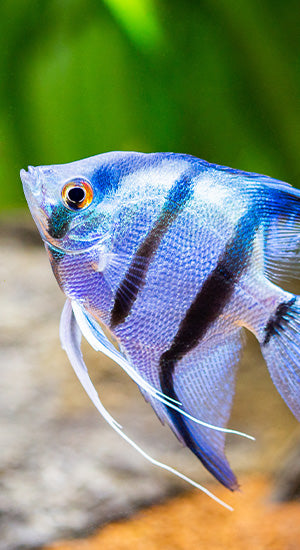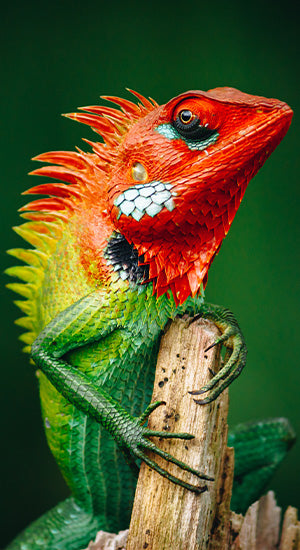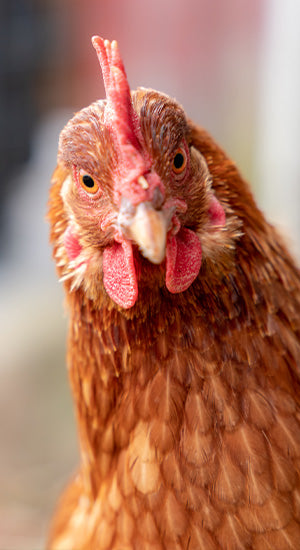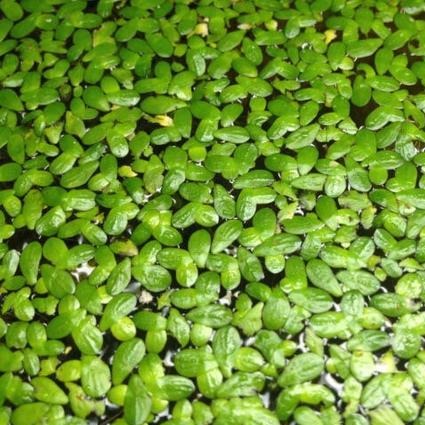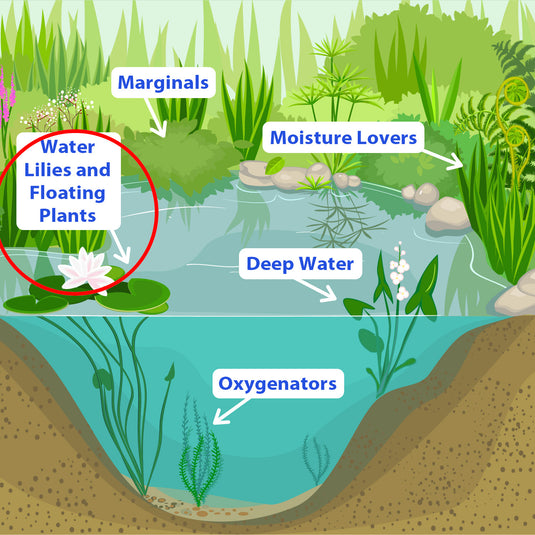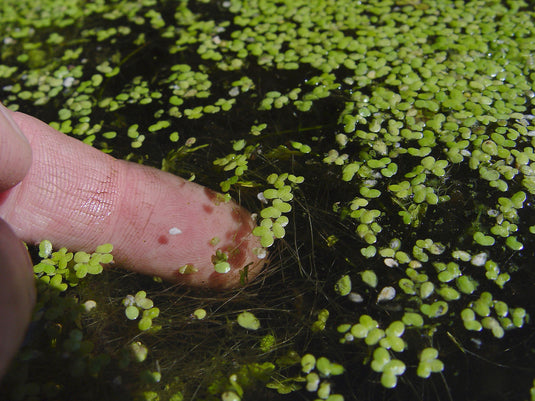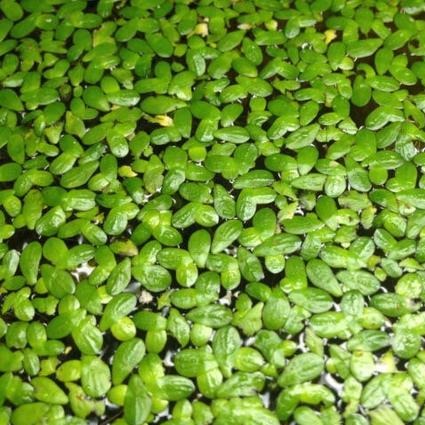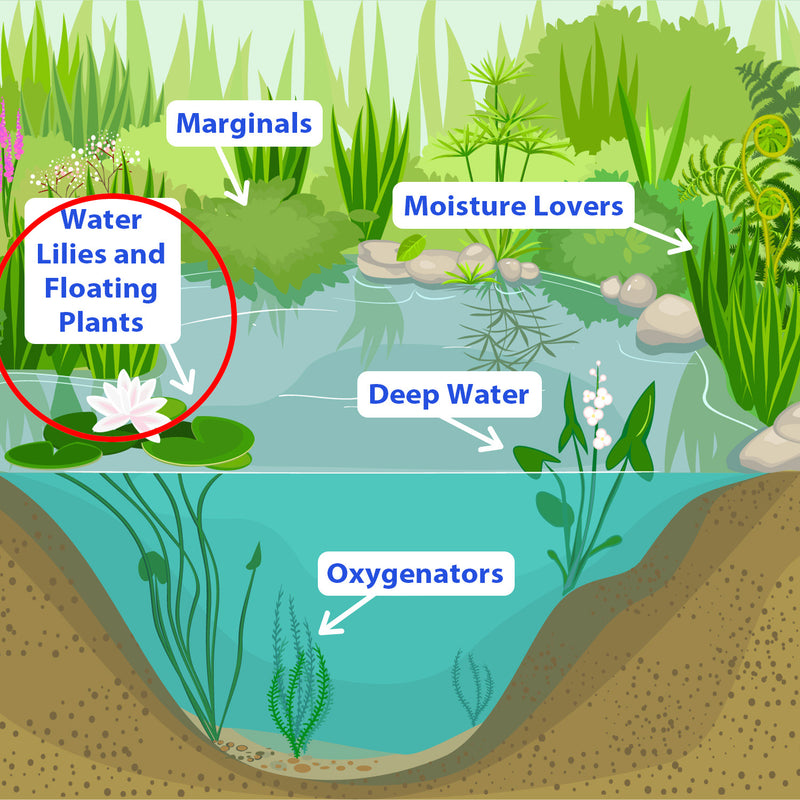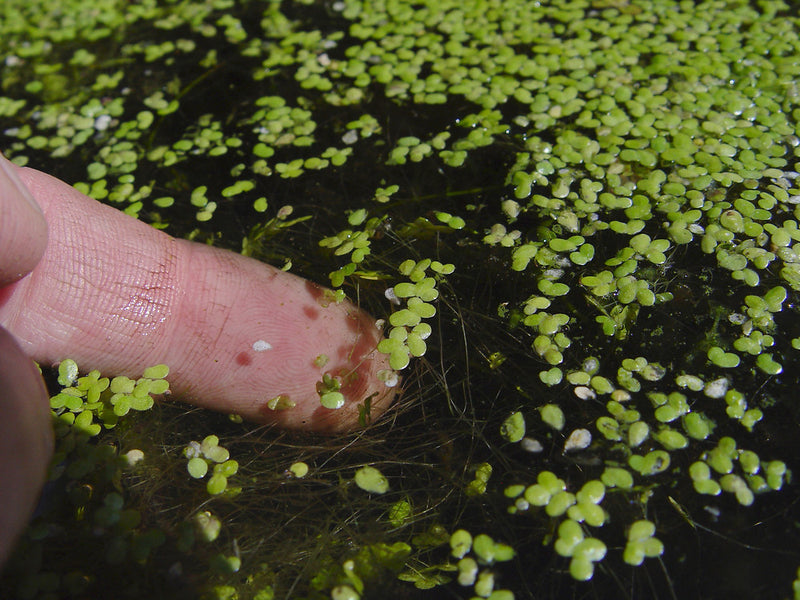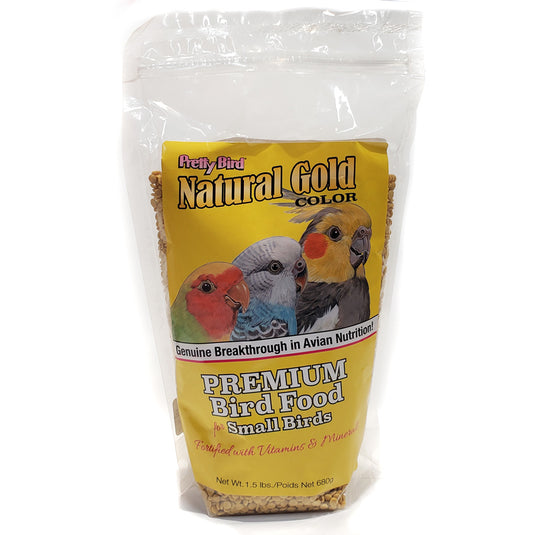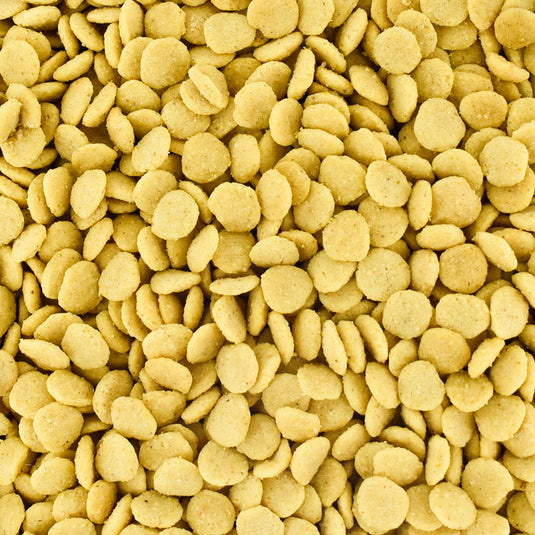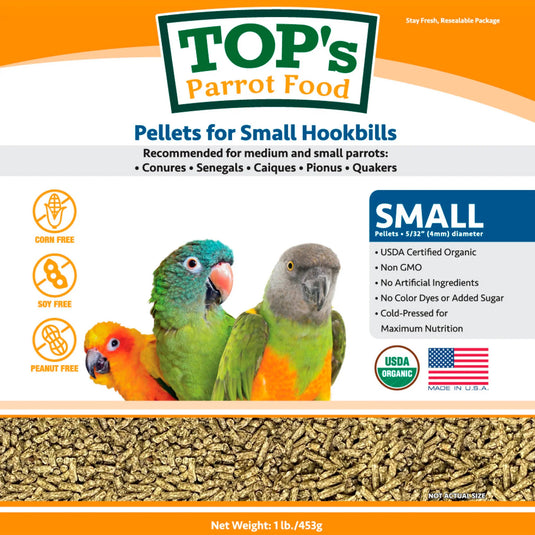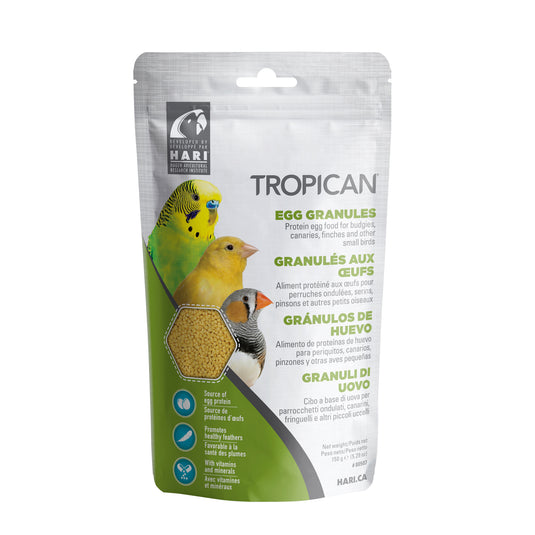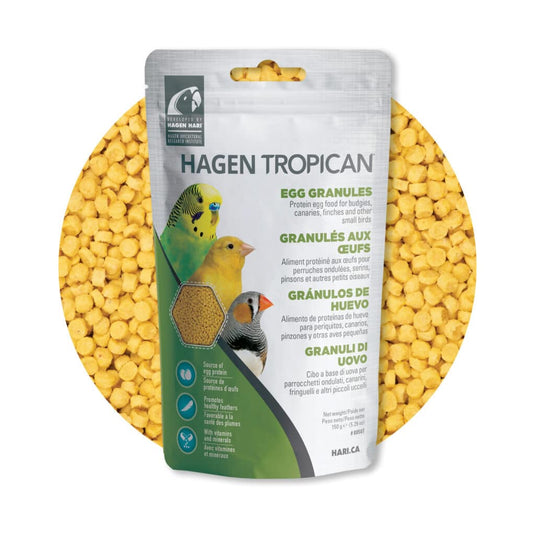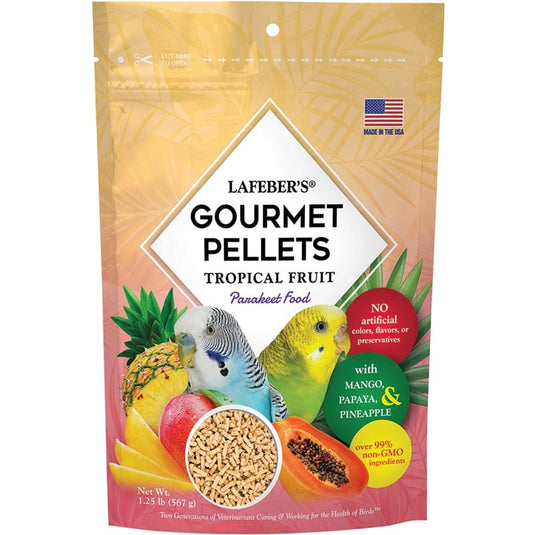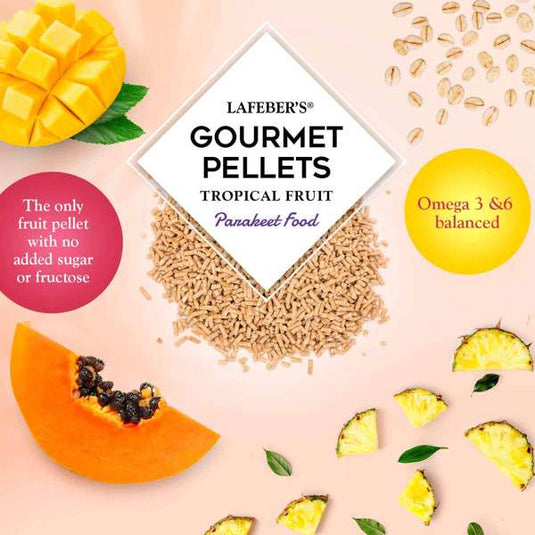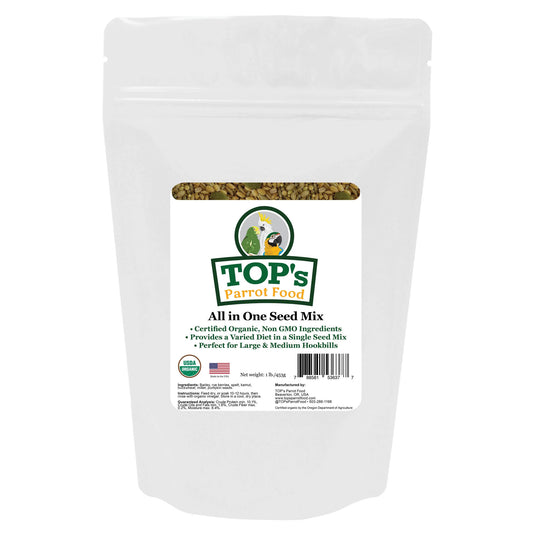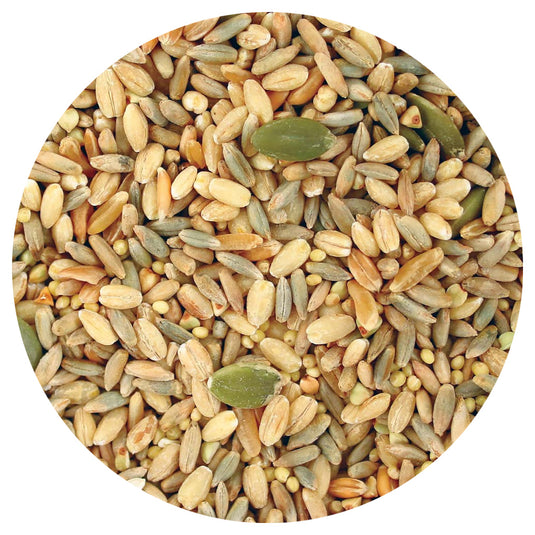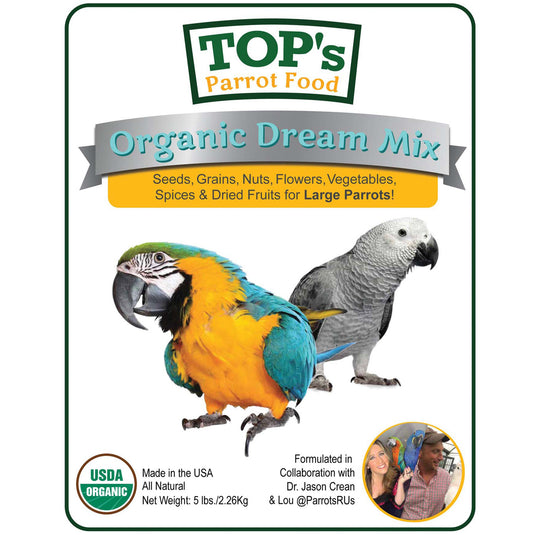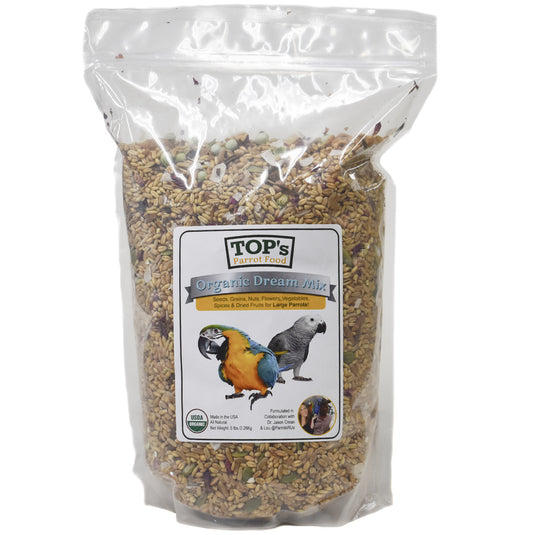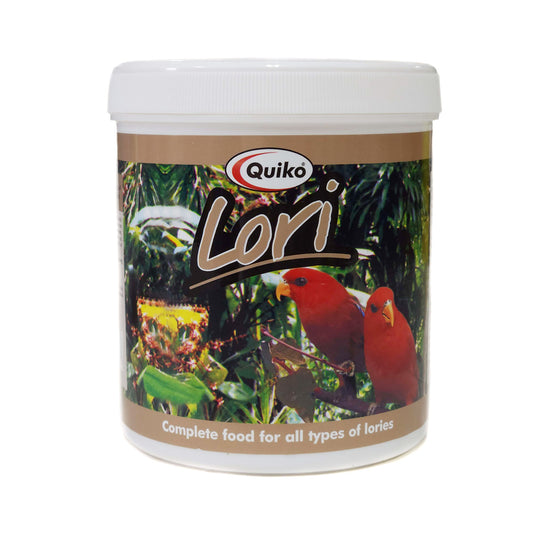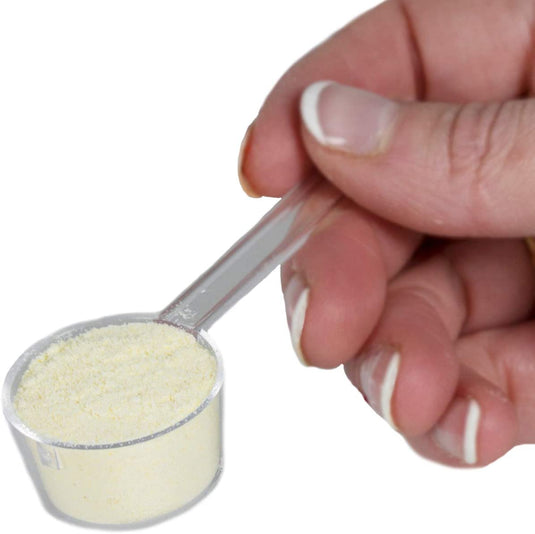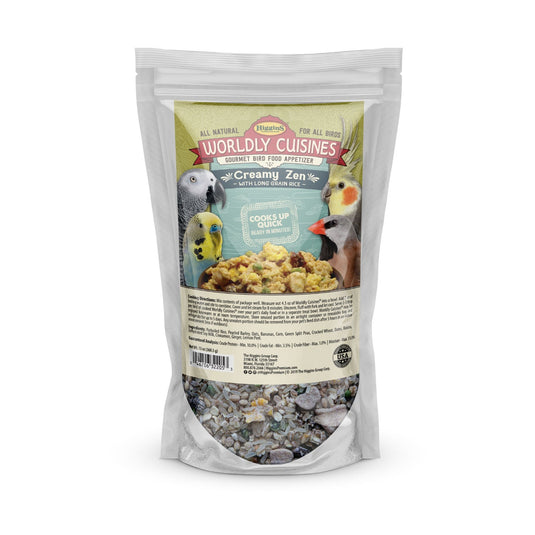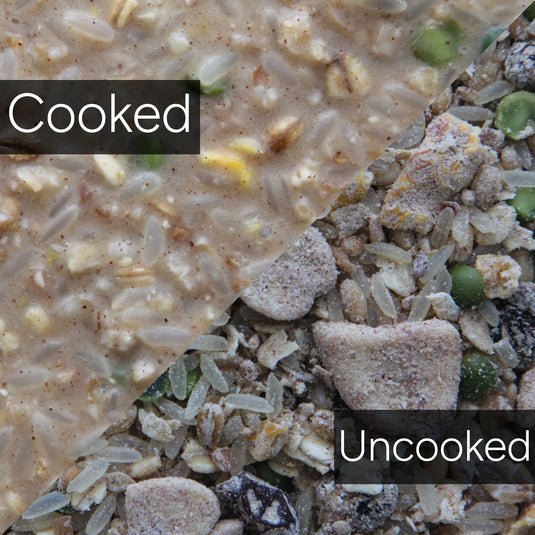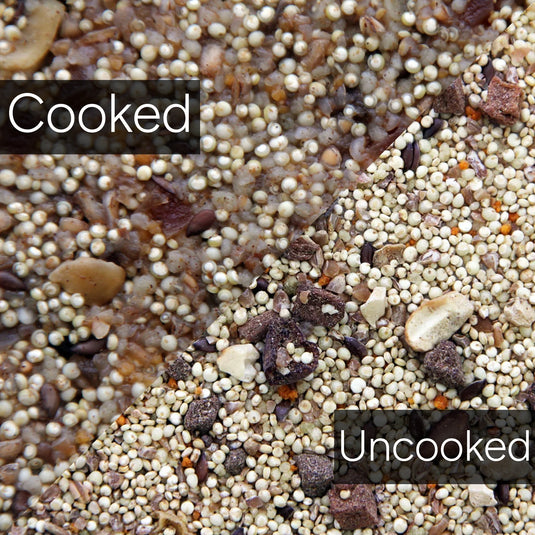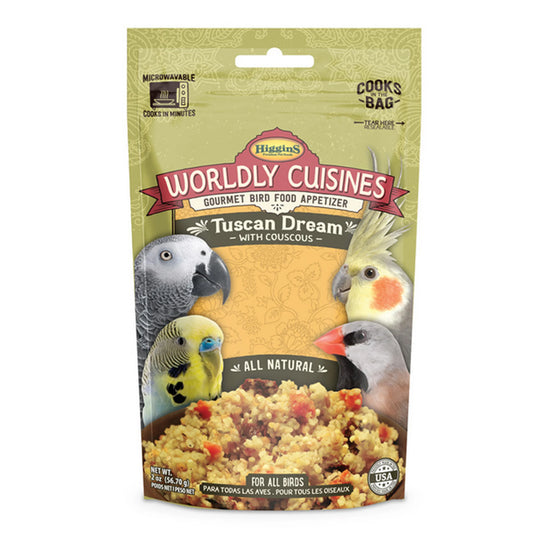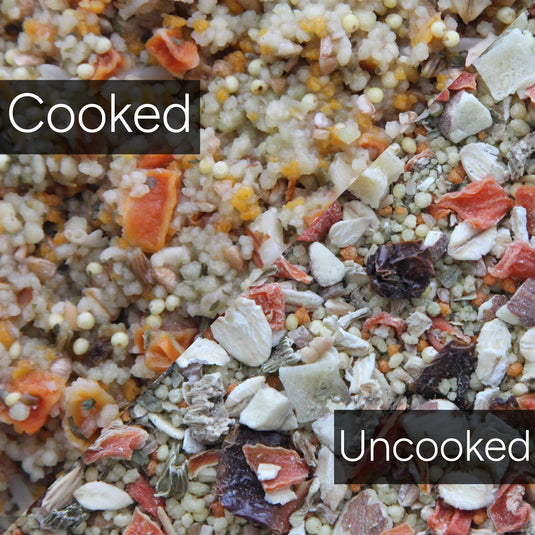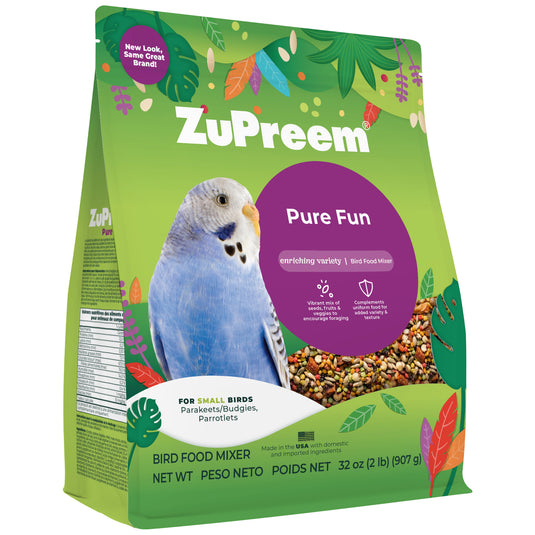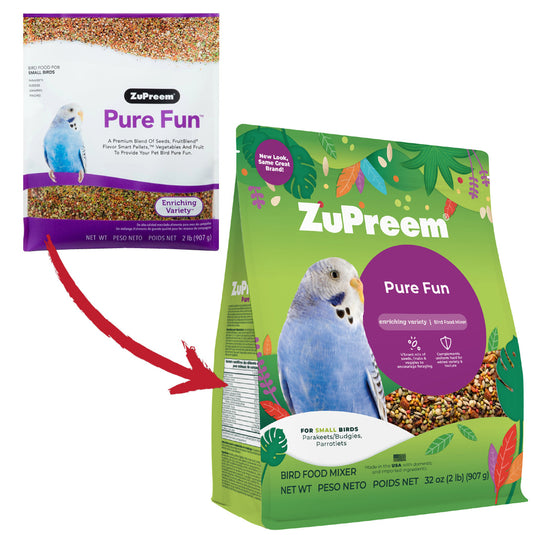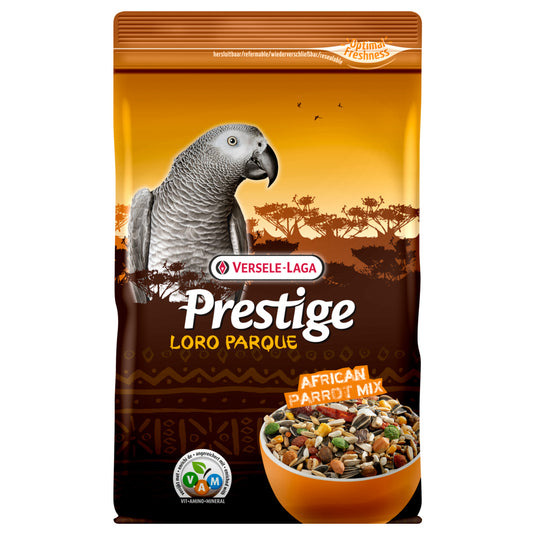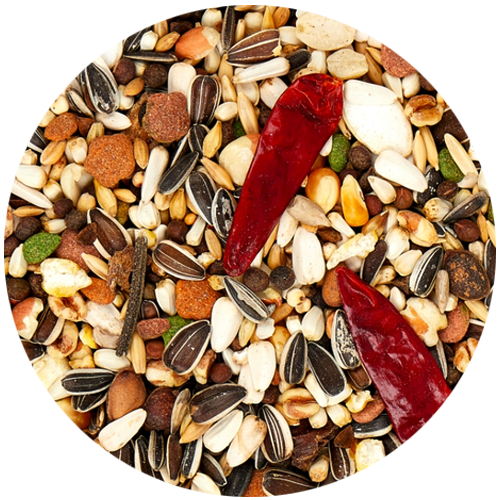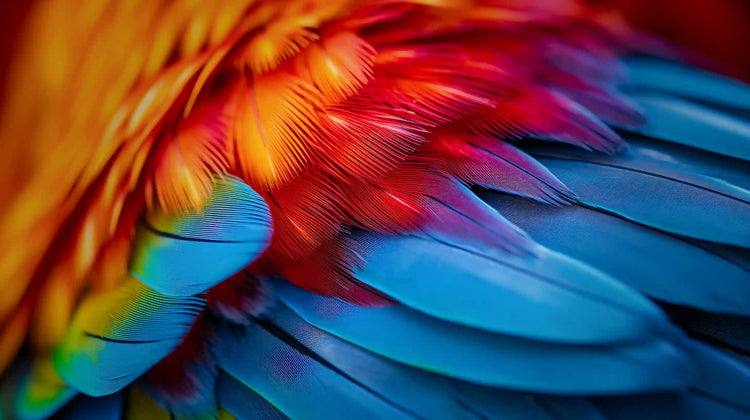Duckweeds tend to grow in dense colonies in quiet water, undisturbed by wave action. Often more than one species of duckweed will be associated together in these colonies.
Although Duckweed is native, it can be aggressive invaders of ponds and are often found mixed in with mosquito fern or watermeal. If colonies cover the surface of the water, then oxygen depletion and fish kills can occur. These plants should be controlled before they cover the entire surface of the pond.
Pros and Cons of Common Duckweed
Many kinds of ducks consume duckweed and often transport it to other bodies of water. Duckweed colonies provide habitats for micro invertebrates, but if duckweed completely covers the surface of a pond for an extended period of time, it will cause oxygen depletion. These colonies will also eliminate submerged plants by blocking sunlight penetration.
Leaves:
- 1-3 leaves
- 1/16 to 1/8 inches long
- Light-green
- Nearly flat on both sides
- Flat, oval shape
Fruit:
- Small, bladder-like shape
- Slightly winged
Seeds:
- Long rigid seed or smooth with spongy outer layer
Roots:
- Single root
- Cluster together with other duckweed in groups of 2 to 5+
Where Does it Grow?
Duckweeds tend to grow in dense colonies in quiet water, undisturbed by wave action. Often more than one species of duckweed will be associated together in these colonies.
Is it Invasive?
Although Duckweed is native, it can be aggressive invaders of ponds and are often found mixed in with mosquito fern or watermeal. If colonies cover the surface of the water, then oxygen depletion and fish kills can occur. These plants should be controlled before they cover the entire surface of the pond.
Many kinds of ducks consume duckweed and often transport it to other bodies of water. Duckweed colonies provide habitats for micro invertebrates, but if duckweed completely covers the surface of a pond for an extended period of time, it will cause oxygen depletion. These colonies will also eliminate submerged plants by blocking sunlight penetration.

Shower your feathered friend (or furry companion!) with love and rewards at Exotic Wings! Our customer rewards program makes it easy to earn points and save on everything you need to keep your pet happy and healthy. Simply create a free account and you're automatically enrolled. Every dollar spent (excluding taxes and shipping) earns you a point, and those points add up quickly to valuable discounts! Redeem your points at checkout for savings on a variety of bird food, treats, toys, cages, and other pet essentials. We also offer bonus points for referring friends, so spread the love and watch your rewards grow even faster! Sign up today and start earning rewards on all your pet purchases at Exotic Wings!
Our program currently consists of both points & referrals!
Access your rewards by clicking the blue rewards widget on the bottom left of your screen.
Points:
- For every dollar you spend (excluding taxes and shipping) you are rewarded a point!
- Spend your points on discount codes which can be redeemed at checkout.
- 500 Points = $10.00 off an order over $50.00.
- 1000 Points = $25.00 off an order over $100.00.
Referrals:
- Sign into your account and share your referral link!
- Located in the rewards widget on the bottom right of your screen.
- They get a $5 off discount (For orders over $50.00)
- You get a bonus 25 Point for each successful referral.
Have questions about our rewards program? View rewards FAQ's.
Duckweeds tend to grow in dense colonies in quiet water, undisturbed by wave action. Often more than one species of duckweed will be associated together in these colonies.
Although Duckweed is native, it can be aggressive invaders of ponds and are often found mixed in with mosquito fern or watermeal. If colonies cover the surface of the water, then oxygen depletion and fish kills can occur. These plants should be controlled before they cover the entire surface of the pond.
Pros and Cons of Common Duckweed
Many kinds of ducks consume duckweed and often transport it to other bodies of water. Duckweed colonies provide habitats for micro invertebrates, but if duckweed completely covers the surface of a pond for an extended period of time, it will cause oxygen depletion. These colonies will also eliminate submerged plants by blocking sunlight penetration.
Leaves:
- 1-3 leaves
- 1/16 to 1/8 inches long
- Light-green
- Nearly flat on both sides
- Flat, oval shape
Fruit:
- Small, bladder-like shape
- Slightly winged
Seeds:
- Long rigid seed or smooth with spongy outer layer
Roots:
- Single root
- Cluster together with other duckweed in groups of 2 to 5+
Where Does it Grow?
Duckweeds tend to grow in dense colonies in quiet water, undisturbed by wave action. Often more than one species of duckweed will be associated together in these colonies.
Is it Invasive?
Although Duckweed is native, it can be aggressive invaders of ponds and are often found mixed in with mosquito fern or watermeal. If colonies cover the surface of the water, then oxygen depletion and fish kills can occur. These plants should be controlled before they cover the entire surface of the pond.
Many kinds of ducks consume duckweed and often transport it to other bodies of water. Duckweed colonies provide habitats for micro invertebrates, but if duckweed completely covers the surface of a pond for an extended period of time, it will cause oxygen depletion. These colonies will also eliminate submerged plants by blocking sunlight penetration.

Shower your feathered friend (or furry companion!) with love and rewards at Exotic Wings! Our customer rewards program makes it easy to earn points and save on everything you need to keep your pet happy and healthy. Simply create a free account and you're automatically enrolled. Every dollar spent (excluding taxes and shipping) earns you a point, and those points add up quickly to valuable discounts! Redeem your points at checkout for savings on a variety of bird food, treats, toys, cages, and other pet essentials. We also offer bonus points for referring friends, so spread the love and watch your rewards grow even faster! Sign up today and start earning rewards on all your pet purchases at Exotic Wings!
Our program currently consists of both points & referrals!
Access your rewards by clicking the blue rewards widget on the bottom left of your screen.
Points:
- For every dollar you spend (excluding taxes and shipping) you are rewarded a point!
- Spend your points on discount codes which can be redeemed at checkout.
- 500 Points = $10.00 off an order over $50.00.
- 1000 Points = $25.00 off an order over $100.00.
Referrals:
- Sign into your account and share your referral link!
- Located in the rewards widget on the bottom right of your screen.
- They get a $5 off discount (For orders over $50.00)
- You get a bonus 25 Point for each successful referral.
Have questions about our rewards program? View rewards FAQ's.

